
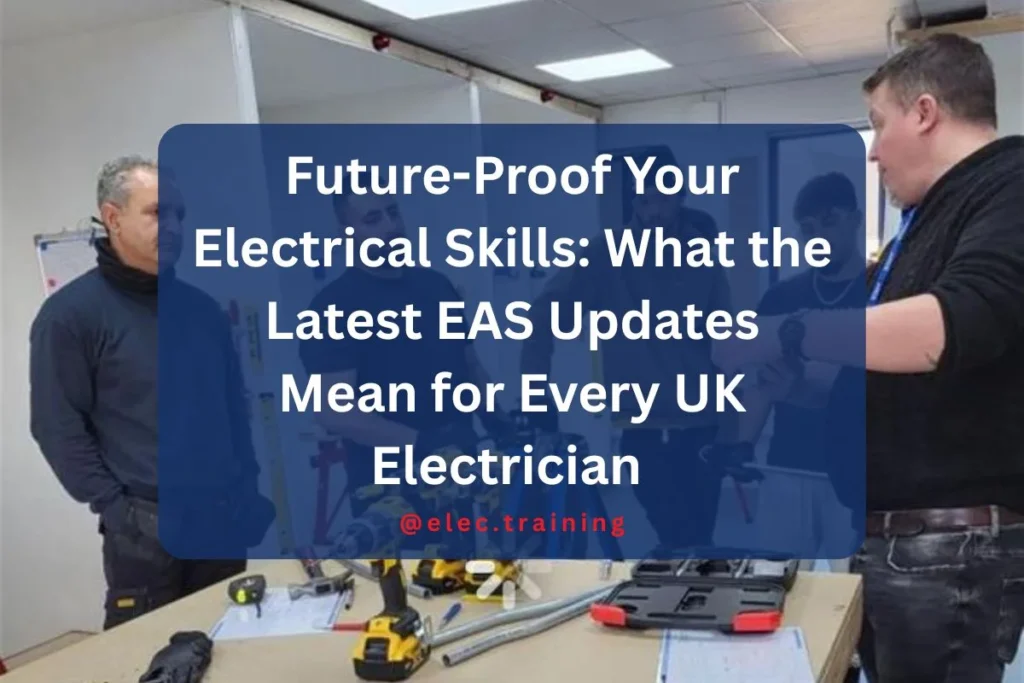
The Electrotechnical Assessment Specification—better known as EAS—acts as the rule book Competent Person Schemes (CPS) such as NICEIC, NAPIT and ELECSA use to judge whether you are fit to sign work off as a Qualified Supervisor (QS). When the EAS committee refreshes that rule book, every practising spark needs to
- Elec Training

The Joint Industry Board (JIB) and Unite the Union have agreed a three-year deal that will lift graded-operative wage rates by almost 13 % between January 2026 and January 2028. The headline figure is a 3.95 % increase from 5 January 2026, followed by 4.6 % in 2027 and 4.85
- Elec Training

Rumours about a brand-new 19th Edition Wiring Regulations book have been circulating on social media, WhatsApp groups and even a few training-provider blogs. Some posts claim a 2025 release, others insist you should “hold off booking your 18th Edition exam because the new book is around the corner.” Unfortunately, none
- Elec Training
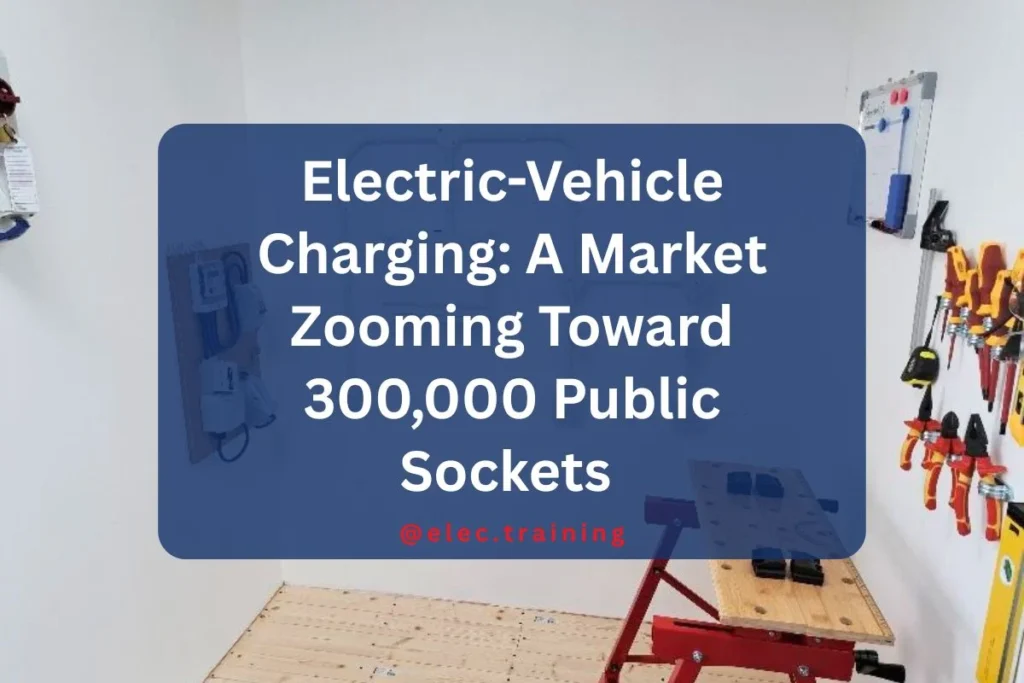
The government’s ban on new petrol and diesel cars edges closer each quarter. To keep vehicles moving, Westminster wants 300,000 public EV charging points live by 2030—up from roughly 55,000 today. That number says two things: Domestic installs will explode. Homeowners upgrading to EVs need 7 kW wallboxes fitted, tested
- Elec Training

A 2025 deep dive for working sparks and trainees alike Buying your first multifunction tester is up there with passing your nvq level 3 electrical portfolio or completing an electrician course: it feels like proof you’ve joined the trade for good. Yet students on our nvq level 3 electrical fast
- Elec Training

A practical guide for self-employed sparks and small firms Late payment is a headache every contractor meets sooner or later. Whether you came up through a traditional electrician course or an nvq level 3 electrical fast track route, you still need the same business reflexes to protect your cash flow.
- Elec Training
- News

The petrol pump is losing ground. Every month, supermarket forecourts and motorway service stations swap one more diesel nozzle for a rapid-charge CCS cable. The change feels gradual day-to-day, yet the data show a tectonic shift—and electricians who upskill now will ride that wave instead of chasing it. This article
- Elec Training
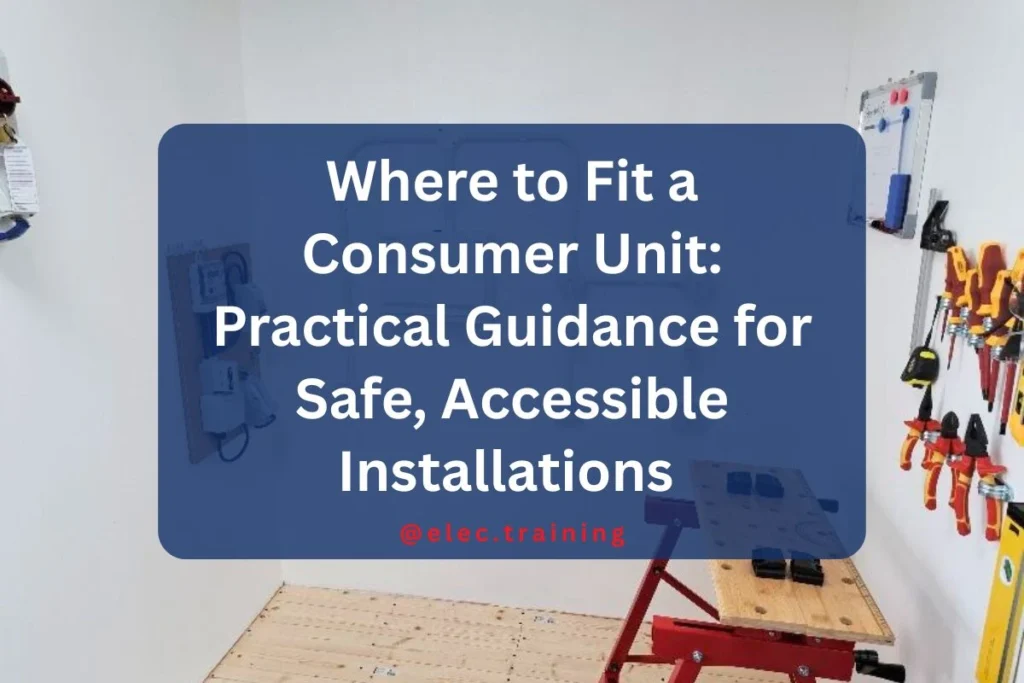
Finding the “right spot” for a new consumer unit is something we drill into every group on the advanced electrician courses at Elec Training Birmingham. Get it wrong and the board ends up hidden behind boxes in a cupboard: get it right and the homeowner can isolate a fault in
- Elec Training
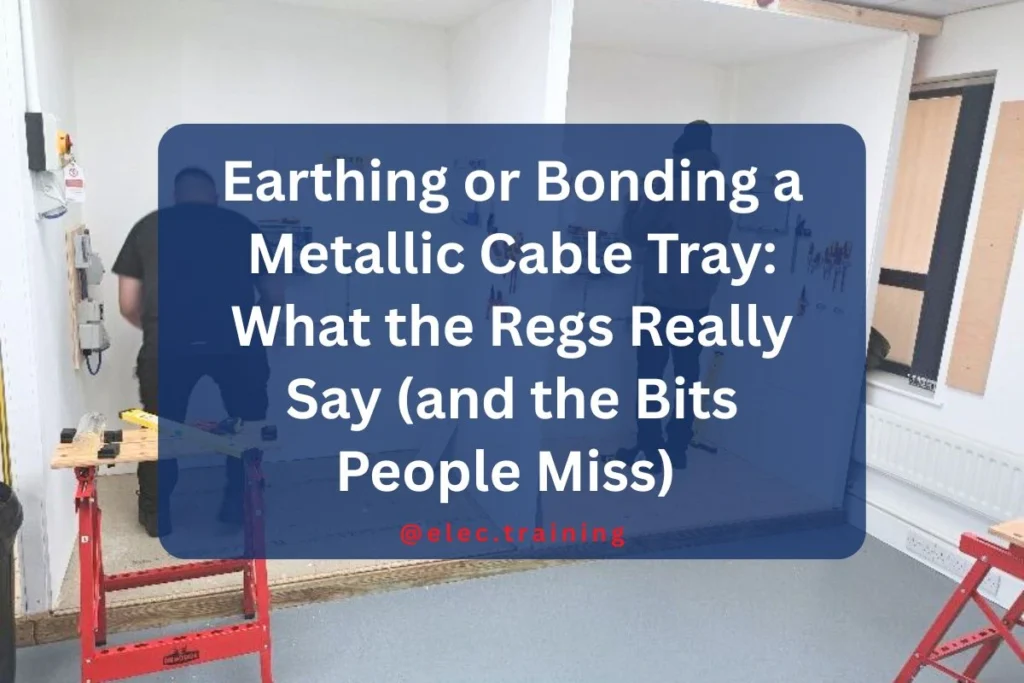
Understanding cable‐tray earthing comes early in the 18th-Edition module of the electrician courses at Elec Training Birmingham. The base rule sounds simple, yet the real-world detail still trips experienced installers. This deeper guide walks through the logic, adds practical checks, and flags a few mistakes we keep seeing on site.
- Elec Training
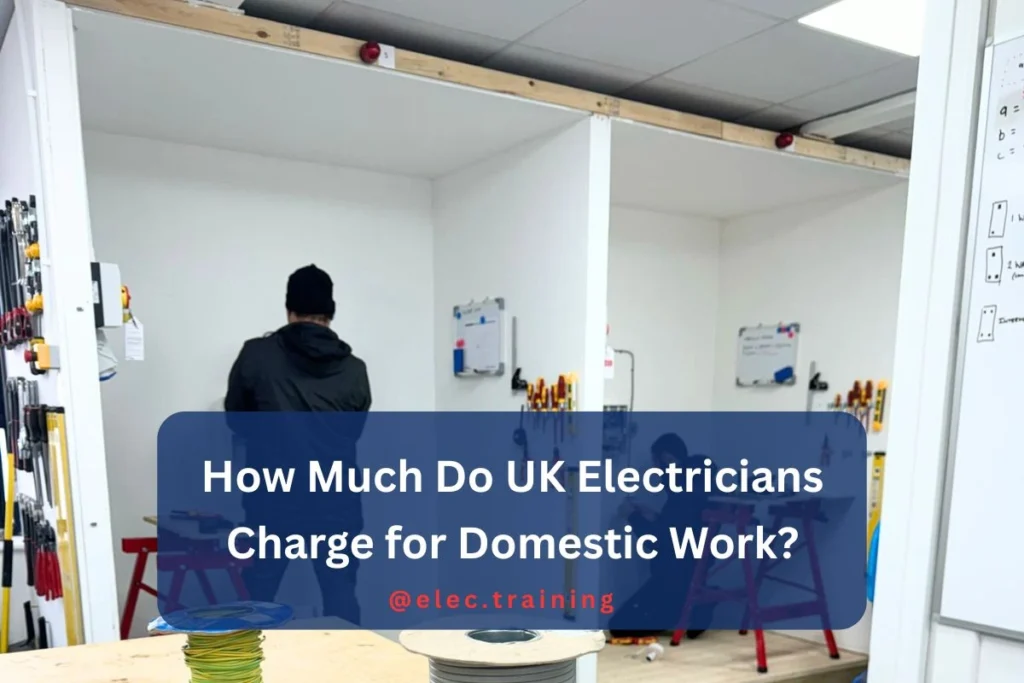
We recently asked a large group of electricians across the UK about their typical daily rates for domestic jobs. And while we expected a straightforward answer, what we received instead was far more insightful. Surprisingly, about a third of electricians said they don’t always use fixed daily rates. Instead, they
- Elec Training
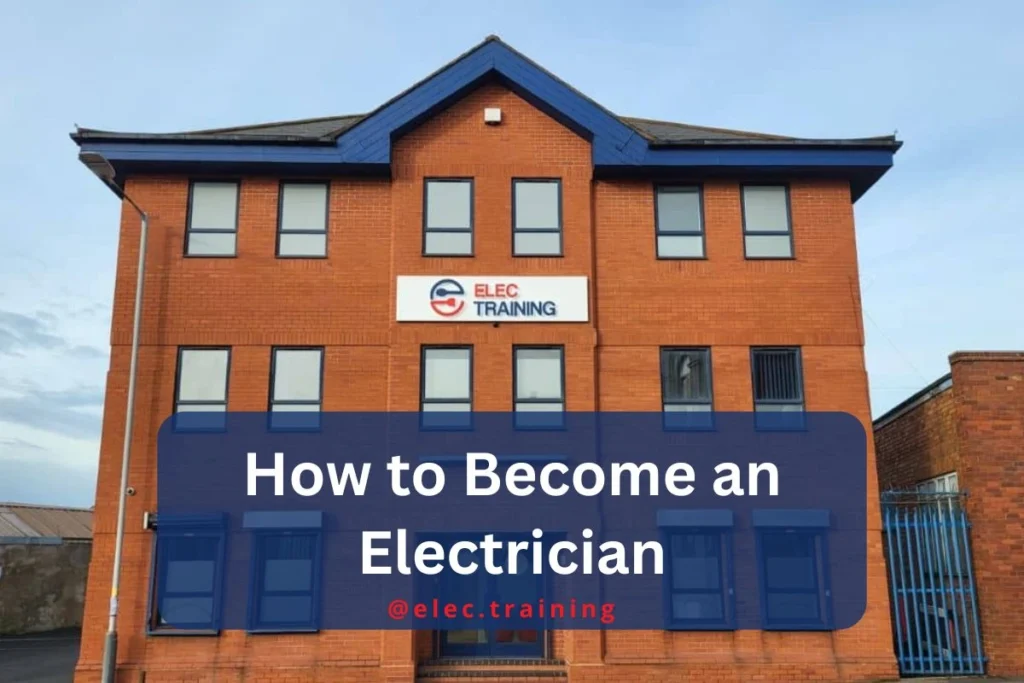
The Adult-Learner Route (Fast-Track) In this first section, we’ll explore what I refer to as the “adult learner” pathway, how someone with no prior electrical qualification can progress to a fully competent electrician. So students or learners (which every one you like) become increasingly confused when trying to pick the
- Elec Training

Every spring the Office for National Statistics (ONS) releases its Annual Survey of Hours and Earnings, giving us the most reliable picture of what UK tradespeople really bank. We have pored over the 2019 tables and—good news, sparkies—your pay packet is still the fattest on site. In fact, electricians enjoyed
- Elec Training

How much should you quote for replacing a consumer unit, rewiring a two-bed terrace or chasing in a few new sockets? We put that question—What’s your average day rate for domestic electrical work?—to several hundred electricians across England, Scotland and Wales. The answers proved that price tags alone never tell
- Elec Training
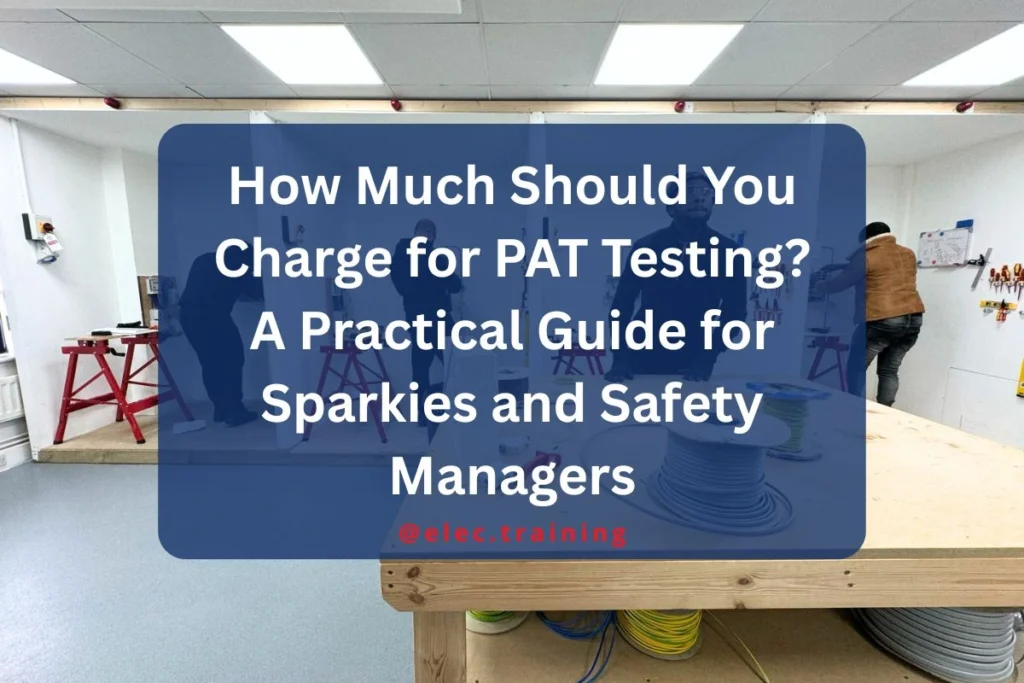
Portable Appliance Testing (PAT) is one of those tasks that everyone agrees must be done, yet nobody seems certain what the work is really worth. Search online and you will find quotes ranging from 70 pence per item to £3 per item—and day-rates that differ even more. The spread exists
- Elec Training

Access to a modern building site starts with the right plastic badge, yet many newcomers who finish their first electrician courses still arrive at the gate holding the wrong card. Below we clarify how the Electrotechnical Certification Scheme (ECS) fits alongside the Construction Skills Certification Scheme (CSCS), why employers insist
- Elec Training

Breaking through the ceiling from improver to fully qualified electrician hinges on a single milestone: earning the NVQ Level 3 in Electrotechnical Systems. If you have been Googling how to get NVQ Level 3 electrical but still feel lost in acronyms, logbooks and AM2 nerves, this 750-word guide brings clarity,
- Elec Training

Curious where an electrician course might lead? History shows that time on the tools can spark careers far beyond fuse-boards and fault-finding. Below are ten household names—actors, football legends, even founding fathers—who first pulled cable before they pulled in global fame. From Electrician Courses to Red Carpets and Record Books
- Elec Training

The 2018 Trades Salary Survey confirmed what many of our learners suspected—electrician salary levels continued to out-shine every other UK trade. Median pay nudged up 0.1 % from £30,765 to £30,784, cementing a long-running lead that plumbers, bricklayers and tilers have yet to close. For anyone considering a wiring career
- Elec Training

Why EV Charging Point Installation Matters in 2025 Electric-vehicle sales jumped 40 % last year, and the UK government still offers generous grants for every home or workplace charger installed. To meet demand, qualified sparkies can now earn £200–£300 per job while helping buyers claim the Office for Zero Emission
- Elec Training
- News

We asked past and present Elec Training learners to send us their favourite electrician jokes, and they did not disappoint, the groan-worthy one-liners that get cracked in workshop tea breaks and on late-night call-outs. From puns about live wires to tales of sockets gone rogue, we’ve rounded up the best
- Elec Training
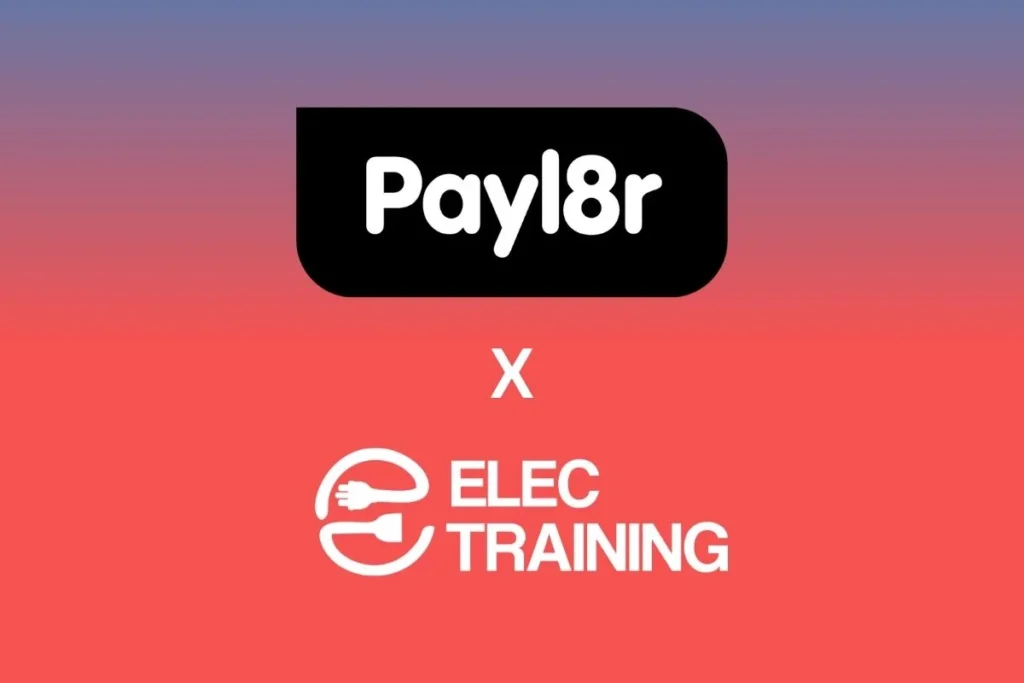
Now you can spread the cost of your electrician training over 3, 6, 9, 12 or even 24 months and start building your future today.At Elec Training, our mission has always been clear: remove the barriers that stop talented people from becoming qualified electricians. Today we’re taking a huge step
- Elec Training

